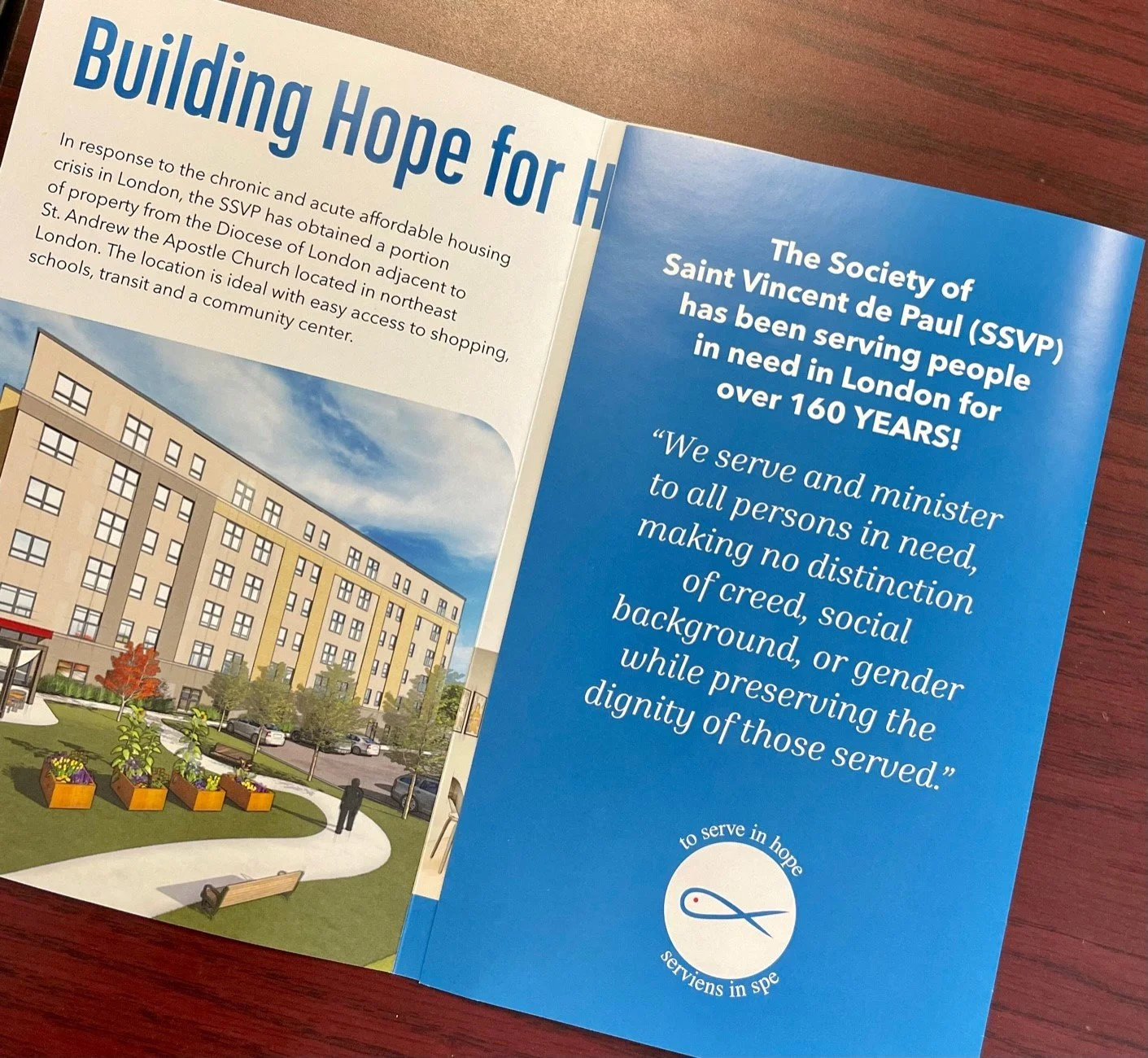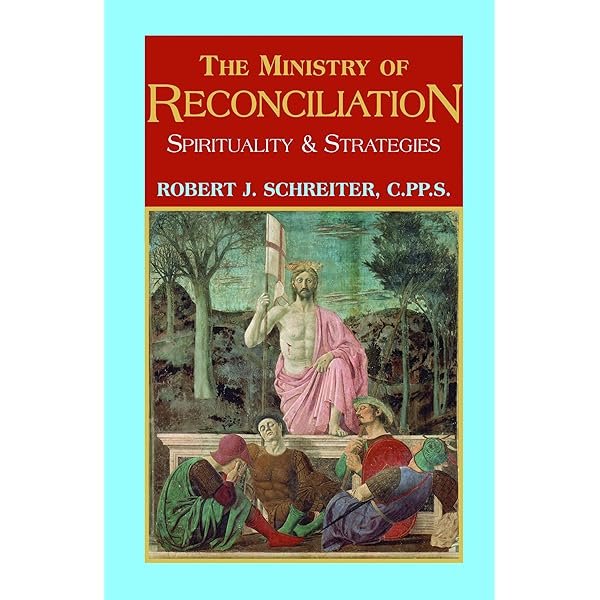AN INSPIRING Affordable Housing Initiative
On October 26, 2023, over 65 supporters of the St. Vincent de Paul Society, gathered at the Goodwill Centre in London, Ontario for the announcement of the Society’s affordable housing Initiative. Their presence in London for over 160 years serving people in need makes this society an ideal agency to respond to London’s high numbers of people searching for affordable housing. Their colorful brochure states: “In response to the affordable housing crisis in London, the SSVP has obtained a portion of land from the Roman Catholic Diocese of London adjacent to the St. Andrew the Apostle Church located in northeast London. The location is ideal with easy access to shopping, schools, transit, and a community center”.
During the evening’s agenda, London’s CTV personality and MC, Nick Paparella called upon several speakers to make presentations. Shelley Baker and Mary Michniewicz as co-chairs of this project, explained the background of the endeavor and commented on the many meetings held in the early stages of preparation for entering the affordable housing scene. Alison Hanney, chief architect of Cornerstone presented a design of the new building. She also answered questions about the 72-unit apartment containing one-and-two-bedroom units – with 17 accessible and all designated affordable.
Rev. Jim Mockler, former rector at St. Peter’s Basilica, was guest speaker and congratulated SSVP on their track record of always walking with the needy. He added, “Their quiet, tireless work shines as a beacon of hope in our society”.
Among the group gathered to support the SSVP affordable housing initiative were members of City Council, a local MPP, London Diocesan representatives of SSVP, and others from various parishes, as well as the Sisters of St. Joseph. The atmosphere in the room was upbeat. Speakers were received with enthusiasm and an eagerness to partner with SSVP’s Affordable Housing Initiative.
Now is the time to reach out to Londoners to join in the Society of Saint Vincent de Paul’s “Build Hope for Housing” campaign. Are you inspired by this story? You can become a Partner in the Building Hope for Housing Campaign - donate through their website.
-Sister Jean Moylan, CSJ










